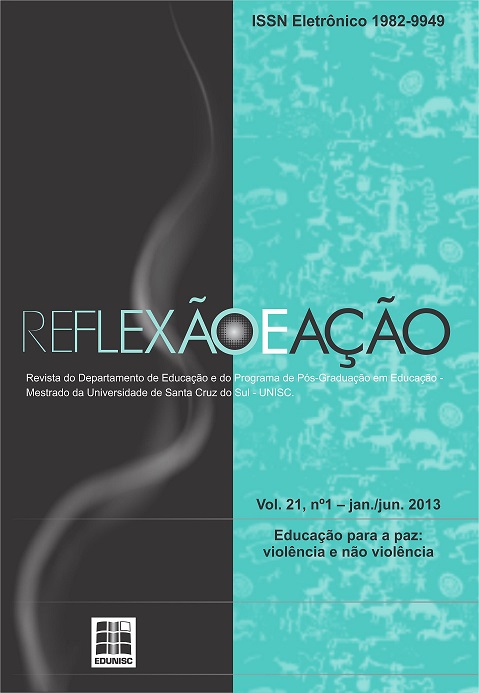WORK AND EDUCATION IN THE NINETEENTH CENTURY CHILDREN´S LITERATURE
DOI:
https://doi.org/10.17058/rea.v21i1.1959Keywords:
Paradigma Dominante, Educação, Trabalho, Os Três Porquinhos, PinóquioAbstract
This paper aims to examine two tales for children of nineteenth century in order to demonstrate how the concepts of work and education, imposed by the dominant knowledge are portrayed in these tales which shows the victory of hegemonic knowledge and the subalternization of childhood and others knowledges than not the dominant. Through the considerations of Foucault about the work in modernity, the criticism of the dominant paradigm of Santos, and the representations of childhood and work within the school and the children's literature, based on Ariès and Zilberman, the categories raised allowed the analysis of the tales The Adventures of Pinocchio and The Three Little Pigs by linking them to their discursive, social and historical aspects and led us to understand education like way of perpetuation of the image of work propagated by the dominant paradigm and of subalternization of others knowledges.Downloads
Downloads
Published
How to Cite
Issue
Section
License
The submission of originals to this journal implies on the transference, by the author(s), of the printed and digital publishing rights. The author´s rights to the published articles are the author´s, the journal has the rights over the first publication. The author(s) can only use the same results in other publications, indicating clearly that this journal was the original publisher. Since we are an open access journal, the free use of articles is permitted for educational and scientific applications, as long as they inform the source according with the CC-BY license from Creative Commons.


